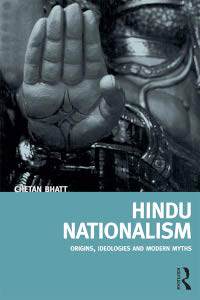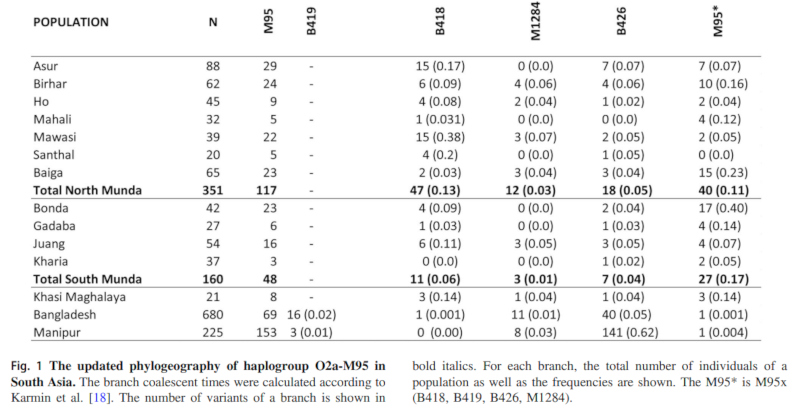 Politico has a silly piece up, How Hindu Nationalism Could Shape the Election. The silliness is in the title: Hindu nationalism will not shape the election. No one in the USA knows what it is. No one in the USA cares. But headlines need to justify the “deep-dives.”
Politico has a silly piece up, How Hindu Nationalism Could Shape the Election. The silliness is in the title: Hindu nationalism will not shape the election. No one in the USA knows what it is. No one in the USA cares. But headlines need to justify the “deep-dives.”
The author clearly had a preconceived conclusion, and it’s pretty much a paint-by-numbers article in that light. There is zero chance that any Indian Amerian journalist will write a sympathetic portrait of Hindu nationalism, and develop a “strange new respect.” The conclusion is baked into the cake.
With that said, why do many Indian Americans get so angry at these sorts of pieces? I would appreciate comments (unhinged and somewhat concise please, I know many of you are going “bug-eye” over this piece, so calm down).
First, this quote jumps out: “Savarkar made clear that he saw Nazi Germany’s treatment of Jews as a model for dealing with India’s Muslims.” Any mention of Nazi Germany in a Western context as an analogy is poisonous. It’s like having an expensive multi-course meal at the French Laundry, and then they tell you there’s a touch of feces in one of the items. The totality of what you’re eating no longer matters, you are not going to eat even a little bit of shit. Any mention of Nazis is going to ruin and color the whole thing. You know what the audience will take away, and you know what the writer intends.
But that brings us to the point that from a liberal perspective there were many unpleasant things associated with early Hindu nationalist ideology, and Hindutva-identified people have been associated with atrocities for decades, from Godse down to leaders in the Gujarat riots. Isn’t this fair?
I think the problem here is that the same journalists who would reject the reduction of Islam to Sayyid Qutb or shrug off the relevance of the Nazi sympathies of the Mufti of Jerusalem have no problem engaging in reductionism in relation to Hindu nationalism and Hinduism. Basically, many Indians see that Islam and Muslims are treated with generosity, and not judged by their lowest moments, while the converse is true for Hindus and Hinduism. Muhammad, the notional founder of Islam, engaged in sex slavery. This is just a fact. But Muslims are not judged by Muhammad’s illiberality, while Hindus are judged by illiberal interpretations of Manusmriti. Why? (some scholars and politicians in the Gulf have used sex slavery as a justification for the tolerance of Russian sex workers, so it’s a live issue)
For reasons that are only partly clear over the last few decades, the global Left and the West’s intelligentsia has taken a default philo-Islamic stance. Modi’s India can be depicted in very negative terms, while there is benign neglect of persistent and massive human rights abuses in Pakistan. The differing standards obviously enrage many Hindus, but the deeper question is why. Is this a “bottom-up” process, or, are there larger institutions that have made particular decisions? Remember, most Westerners are very vague about Hinduism, and have never seen the word “Hindutva.” These journalists and publications are shaping first impressions. Where are their marching orders coming from?
The same people who would decry demands that Rashida Tlaib denounce her own kith and kin as guilt by association are demanding that Preston Kulkarni do exactly that. Where do these double-standards come from?
In the future, I expect we’ll see more “think pieces” and “investigations” of American Hindus and Hinduism which sheds light on dark developments in this subculture. Meanwhile, there will be benign neglect of the illiberalities among American Muslims and Islam. The media’s attention and energy are finite, and they are quite selective about what they devote their focus to. Focus is clarifying, because it tells you what they care about, and what their motives are.



 There is some discussion on “Hindu Twitter” and elsewhere about the French response to the murder of
There is some discussion on “Hindu Twitter” and elsewhere about the French response to the murder of 